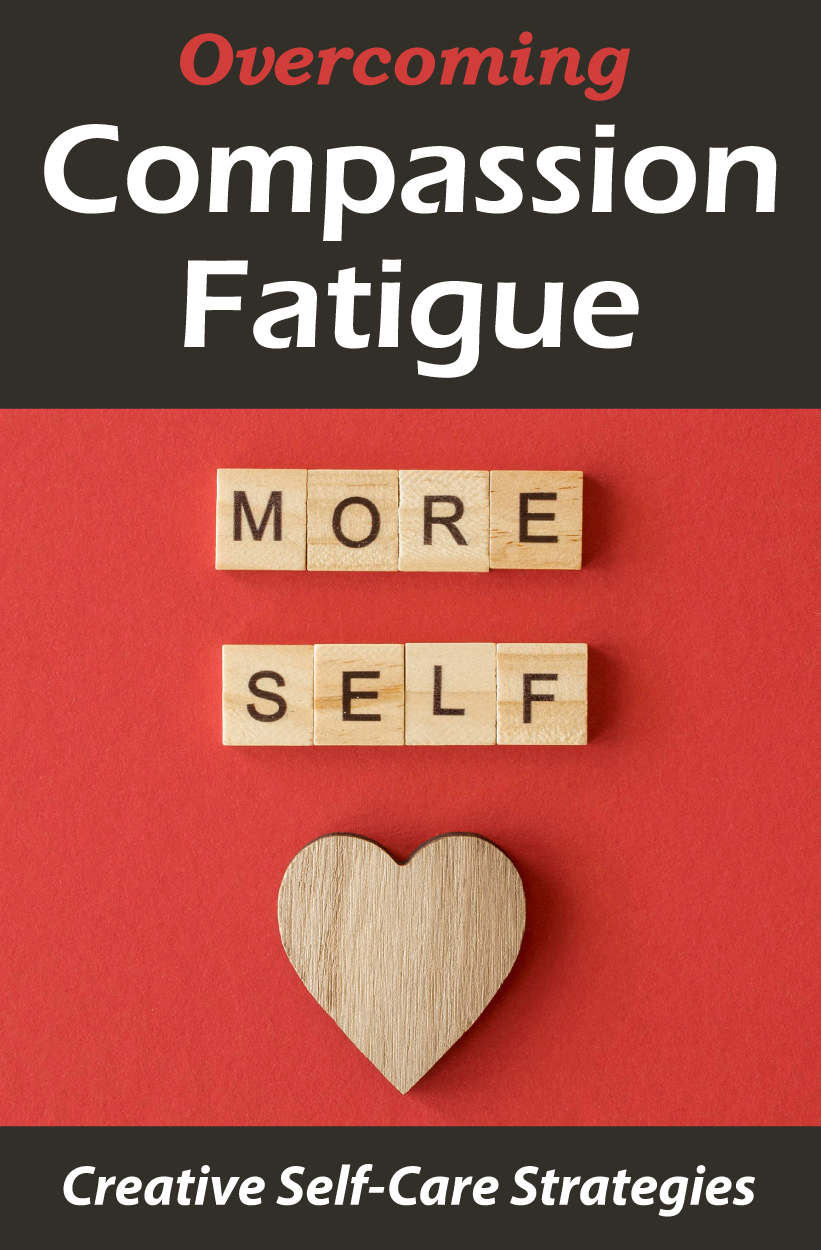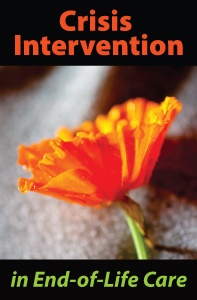We are launching our new website logins, account creation, and purchases are restricted. Any course activity is not being recorded until the new site has launched. Expected Launch Time 8:00pm EST Nov 20th.
SALE
$24.5
REG. $49

Related Courses

Overcoming Compassion Fatigue: Creative Self-Care Strategies

Crisis Intervention in End-of-Life Care

Unusual Psychosexual Syndromes, Part 2: Erotomania & Frottage
Emotional Overeating: Practical Management Techniques
Lisa M. Schab, MSW, LCSW
CE Credit: 4 Hours
Target Audience: Psychology CE | Counseling CE | Social Work CE | Occupational Therapy CEUs | Marriage & Family Therapy CE | School Psychology CE | Teaching CE
Learning Level: Intermediate
Course Abstract
Learning Objectives
Professional Development Resources is approved by the American Psychological Association (APA) to sponsor continuing education for psychologists. Professional Development Resources maintains responsibility for this program and its content. Professional Development Resources is also approved by the National Board of Certified Counselors (NBCC ACEP #5590); the Association of Social Work Boards (ASWB #1046, ACE Program); the New York State Education Department's State Board for Mental Health Practitioners as an approved provider of continuing education for licensed marriage and family therapists (#MFT-0100 - Note: New York MFTs will receive 4 continuing education credit(s) for completing this self-study course); the Texas Board of Examiners of Marriage and Family Therapists (#114); and is CE Broker compliant (#50-1635 - all courses are reported within two business days of completion).
This online course provides instant access to the course materials (PDF download) and CE test. The course is text-based (reading) and the CE test is open-book (you can print the test to mark your answers on it while reading the course document).
Successful completion of this course involves passing an online test (80% required, 3 chances to take) and we ask that you also complete a brief course evaluation. Click here to learn more.
Have a question? Contact us. We’re here to help!
Lisa M. Schab, MSW, LCSW, is a licensed clinical social worker in private practice in the greater Chicago area. She holds a Bachelor of Science degree in interpersonal communication from Northwestern University and a master’s degree in clinical social work from Loyola University. Ms. Schab is the author of fourteen self-help books including Writing it Out: Self Awareness and Self-Help through Journaling; The Anxiety Workbook for Teens; Beyond the Blues; The Divorce Workbook for Children; Cool, Calm, and Confident; The Bulimia Workbook for Teens; and The Self-Esteem Workbook for Teens. She is available for speaking and consultation on a limited basis. For more information, visit: http://lisamschabooks.com
Disclosure:
Financial: Ms. Schab receives royalties from New Harbinger Books and Guidance Group Books on sales of her books and from Professional Development Resources, Inc. on sales of her courses.
Nonfinancial: No relevant nonfinancial relationship exists.
Customer Reviews